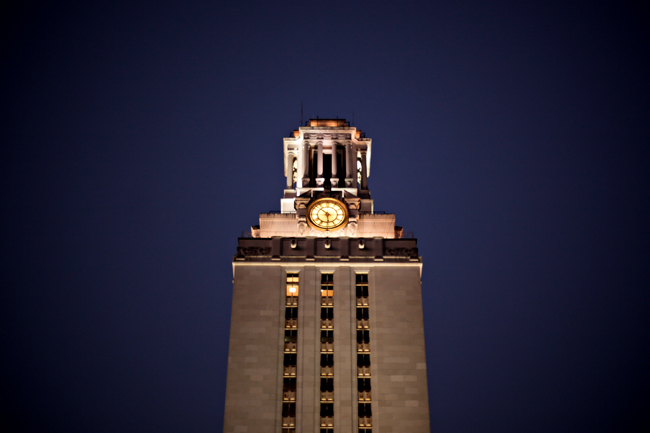The outcome of Tuesday night’s presidential election is clear. The people spoke, and the majority of voters want Hillary Clinton in office.
Yet Trump is America’s president-elect, and the electoral college is uniquely culpable.
There is plenty of blame to go around for this election’s outcome. At a basic level, an entire demographic felt so marginalized and overlooked that it acted out like an immature, rebellious teenager. During the presidential race, Trump’s political power was underestimated to the other candidates’ demises — and everyone’s surprise. As Wikileaks emails showed, the DNC clearly favored Clinton when another candidate might have been more electable. And then, there were unexpectedly shady blows to the political process from Russia, FBI Director James Comey and arguably even Trump’s campaign.
But, to the nation’s credit, the transgressions have been quickly addressed. Clinton’s emails repeatedly went on trial, Comey’s colleagues condemned his actions, and Trump’s lawsuit against Nevada was quickly dealt with by the justice system. However, the electoral college offers no such balance.
The founding fathers picked the electoral college as a way to give small states some additional leverage and insulate presidential races from manipulation. At the time, the problem was real, but the legacy of the electoral college allows a small-state voter three times the voting power as someone in a larger state. And Americans aren’t happy. A 2007 collaborative poll by The Washington Post, the Kaiser Family Foundation and Harvard University found that 78 percent of Democrats, 60 percent of Republicans, and 73 percent of Independent voters supported a purely popular vote approach to elections.
First-year law student Zachary Stone agrees that this imbalance flies in the face of the “one-person, one-vote” value.
“The clearest thing is that the plurality of the nation voted for Hillary Clinton, yet watching CNN last night as they did their maps and zoomed in on various counties, it just seems so arbitrary to me to only care what is happening in Pennsylvania in some other states,” Stone said. “To not care what is happening in Texas or New York or California, where there are a ton of people is phenomenally anti-democratic.”
Electoral colleges defer political power further and further up party lines until they are essentially fixed based on the state’s party affiliation. As a result, this is the second time in 16 years a candidate has won the general majority but lost the college. Al Gore’s 2000 upset was the first electoral college-general election split since 1888. Both Gore’s and Hillary’s losses reflect a situation where hard party lines hindered the democratic process of a high-stakes election.
With the political will to change and spurred on by the extraordinary circumstances of this election, change is possible. The National Popular Vote Interstate Compact proposes that all electoral college votes be committed to the results of the general election, functionally eliminating the electoral college. New York became the latest state to sign on just three days ago, bringing the electoral count up to 165 out of 270 of the necessary votes. The energy surrounding Tuesday’s election could be the final push for a worried nation.
This presidential election was fair and square and out of the blue — that much is clear. A critical look at the electoral college system shouldn’t be interpreted as an attempt to throw out results or return a bitter losing party to power. However, as the nation moves forward from the election, it is important to recognize the system that gave us President Trump.
Hallas is a Plan II and health and society sophomore from Allen. She is a senior columnist. Follow her on Twitter @LauraHallas.





















